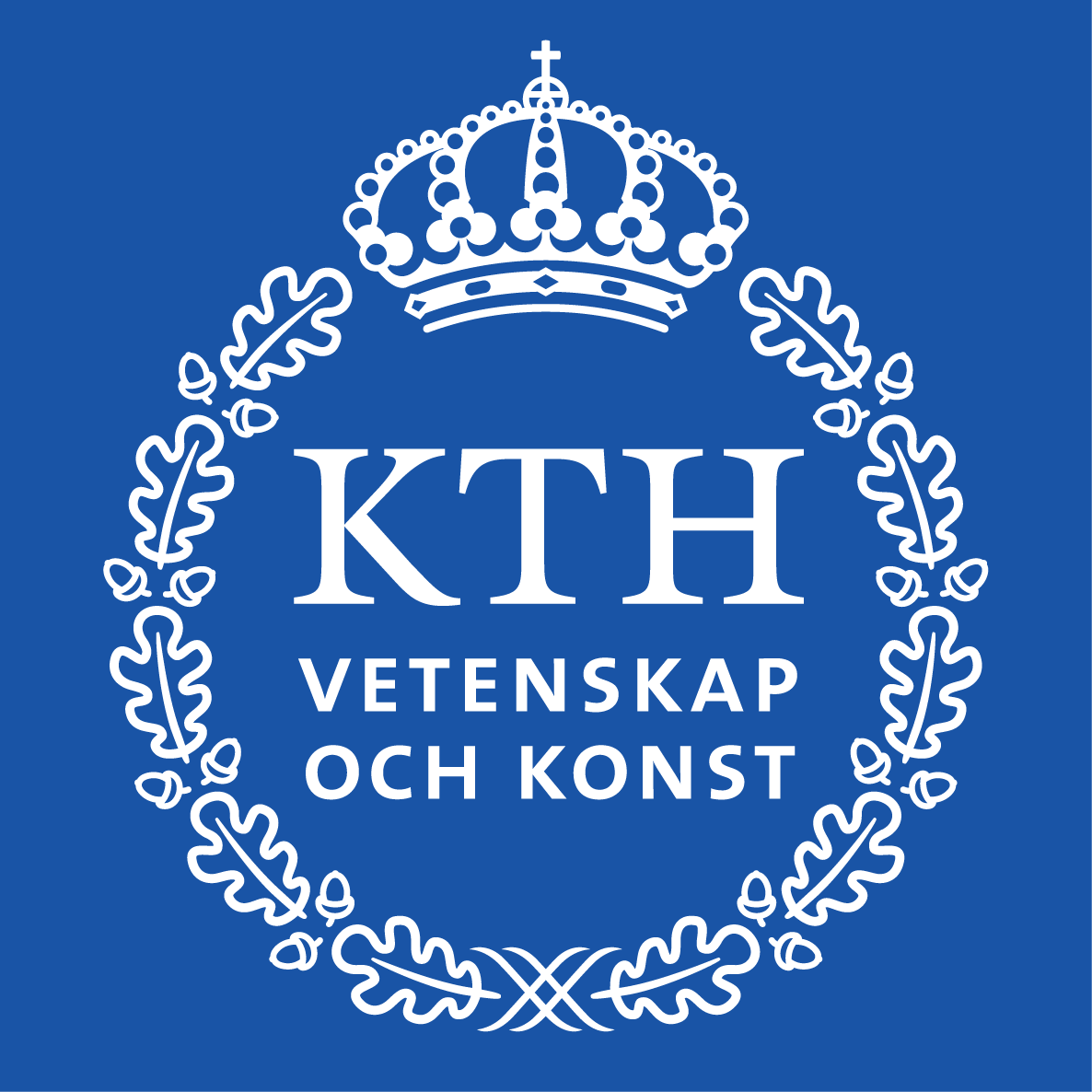Influence of CLT Manufacturing Variables on Vibration and Acoustic Performance
Project Description:
The effect of manufacturing variables and feedstock properties on the performance of cross laminated timber (CLT) is not clearly defined for vibration and acoustic performance. This is more so relevant for the various layered materials (floor overlays for example) used in application/ in-situ.
This project aims at producing:
- A better understanding of the influence CLT feedstock properties and manufacturing parameters (aspect ratio, grade of material, species, adhesive, layup configuration) may have on lesser understood performance criteria, mainly vibration, acoustics, and damping.
- Identify opportunities for improved performance in buildings from a comfort perspective.
The project expects to work on complimenting research from the previous iteration of the ARC Future timber hub project PR004 – Non-destructive evaluation of cross laminated timber panels. It will closely work and share data with Projects 1.1, 1.3, and 7.3. The expected outcomes will be understanding the effect of alerting the aforementioned variables during the manufacturing process of CLT. This should provide significant benefits for design using CLT by developing a strong data base of the materials’ performance for vibration, acoustics and damping.
Project Update, 14th October 2025:
Targeted industry focused outcomes
The intended outcomes of this project that relate to industry focused outcomes are:
- Further understanding of the contributing product specific factors that correspond to vibration, acoustic, damping performance.
- Further development of tools for rapid quality evaluation of specific material properties of panelised products.
- Fact sheet development: A series of fact sheets for industry including “impact of CLT manufacturing variables on acoustics/ vibration characteristics” and “Impact of finishing materials (carpets, cladding, gypsum board) on acoustics/ vibration characteristics improvements in mass timber structures”.
- Proposed revision to current CLT wood solutions design guide 44 (CLT acoustic performance) based on the outcomes of the project
Industry impact statement:
The intended outcomes are expected to impact industry by providing CLT producers with stronger data sets regarding the design and manufacturing factors that relate to vibration, acoustic, damping performance. In addition to reporting on stages and progress to the partners and ATH board, opportunities to communicate the outcomes of the project through a project completion webinar/ seminar will be explored as well as interactive methods of communicating the performance increases that can be had through the finishing materials with engineers, designers, and specifiers.
Impact measurement strategy:
The impact will be measured through both quantitative and qualitative analysis by investigating:
- The performance of a range of product variables for their vibration, acoustic, damping characteristics (quantitative).
- The perception of producers/ designers regarding the outcomes of the final stage of the project. “Does the change (if any) to the current design (normal process) have a (negative/ positive/ neutral) effect on the use of CLT as is currently used?” – example question where feedback is sought other than a yes/ no response (qualitative).
Objectives/Deliverables
- Literature review on design criteria and previous research outcomes. Experimental plan for revision by industry partners/ project investigators.
- Test methods and setup for various CLT construction.Scaled specimen test results and experimental method development. A series of fact sheets for industry including “impact of CLT manufacturing variables on acoustics/ vibration characteristics” and “Impact of finishing materials (carpets, cladding, gypsum board) on acoustics/ vibration characteristics improvements in mass timber structures”.
- Performance testing of scaled and large scale materials to determine how results can be realised by industry. Propose revision of current CLT wood solutions design guide 44 (CLT acoustic performance) based on the outcomes of the project.
Project Leader/s
Chandan Kumar
Project Leader; Partner Investigator
Queensland Department of Primary Industries
Adam Faircloth
PhD Candidate & Affiliate Investigator
Queensland Department of Primary Industries
Project Staff
Research Assistant
Research Assistant Opportunity
Project Investigators
Chandan Kumar
Project Leader; Partner Investigator
Queensland Department of Primary Industries
Adam Faircloth
PhD Candidate & Affiliate Investigator
Queensland Department of Primary Industries
Carsten Moeller
Affiliate Investigator
Arup
Matt Wilkinson
Affiliate Investigator
Aurecon
Hassan Karampour
Chief Investigator; Project Leader
Griffith University
Benoit Gilbert
Chief Investigator; Project Leader
Griffith University
Roberto Crocetti
Partner Investigator
KTH - Royal Institute of Technology, Stockholm, Sweden
Keith Crews
Research Hub Director; Executive Board Member
The University of Queensland
Sardar Malek
Partner Investigator
University of Victoria, Canada
